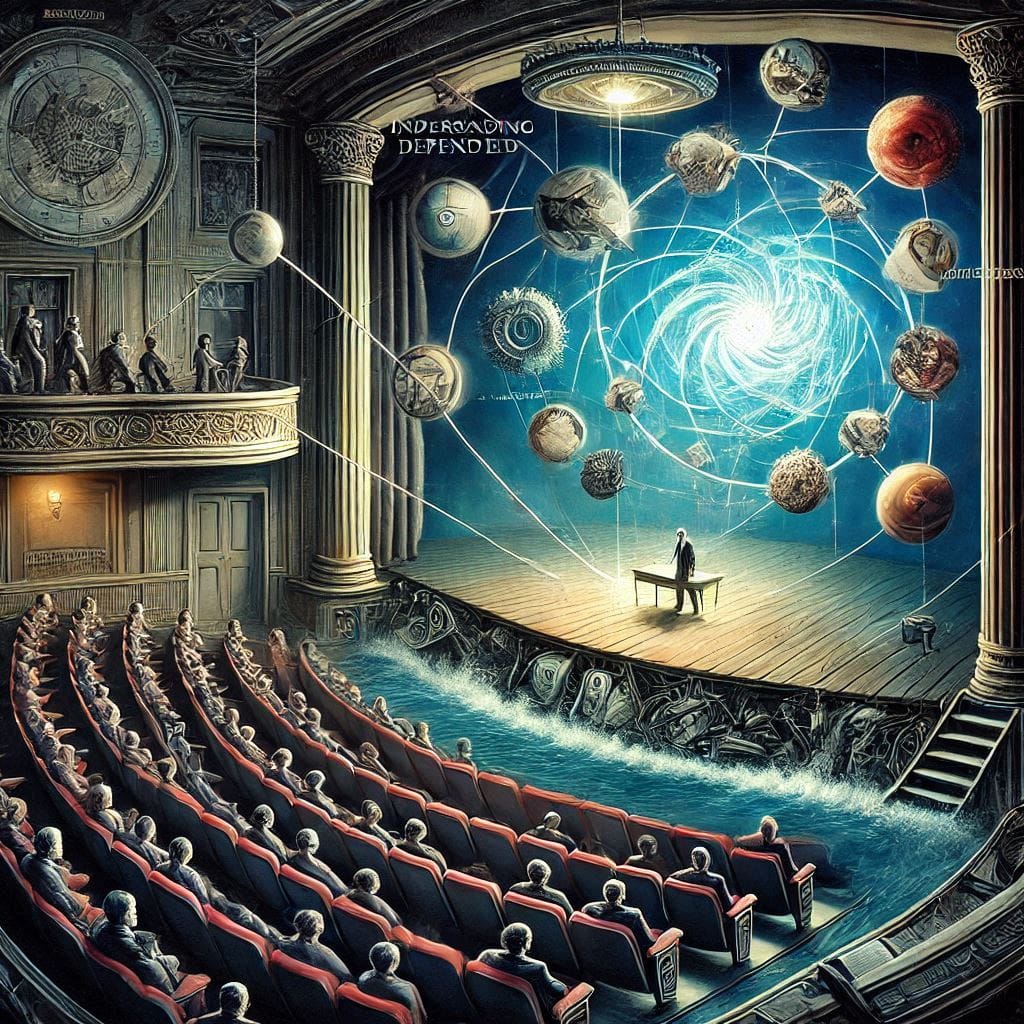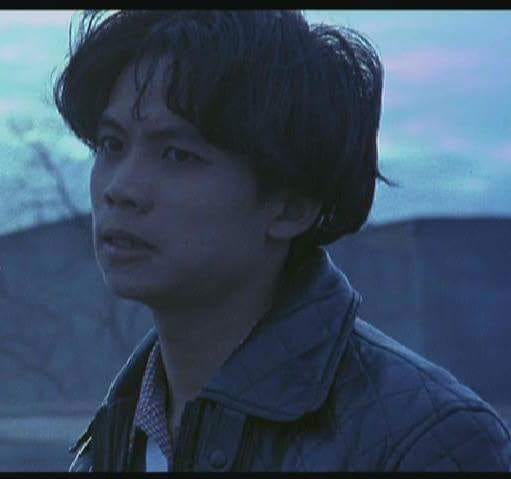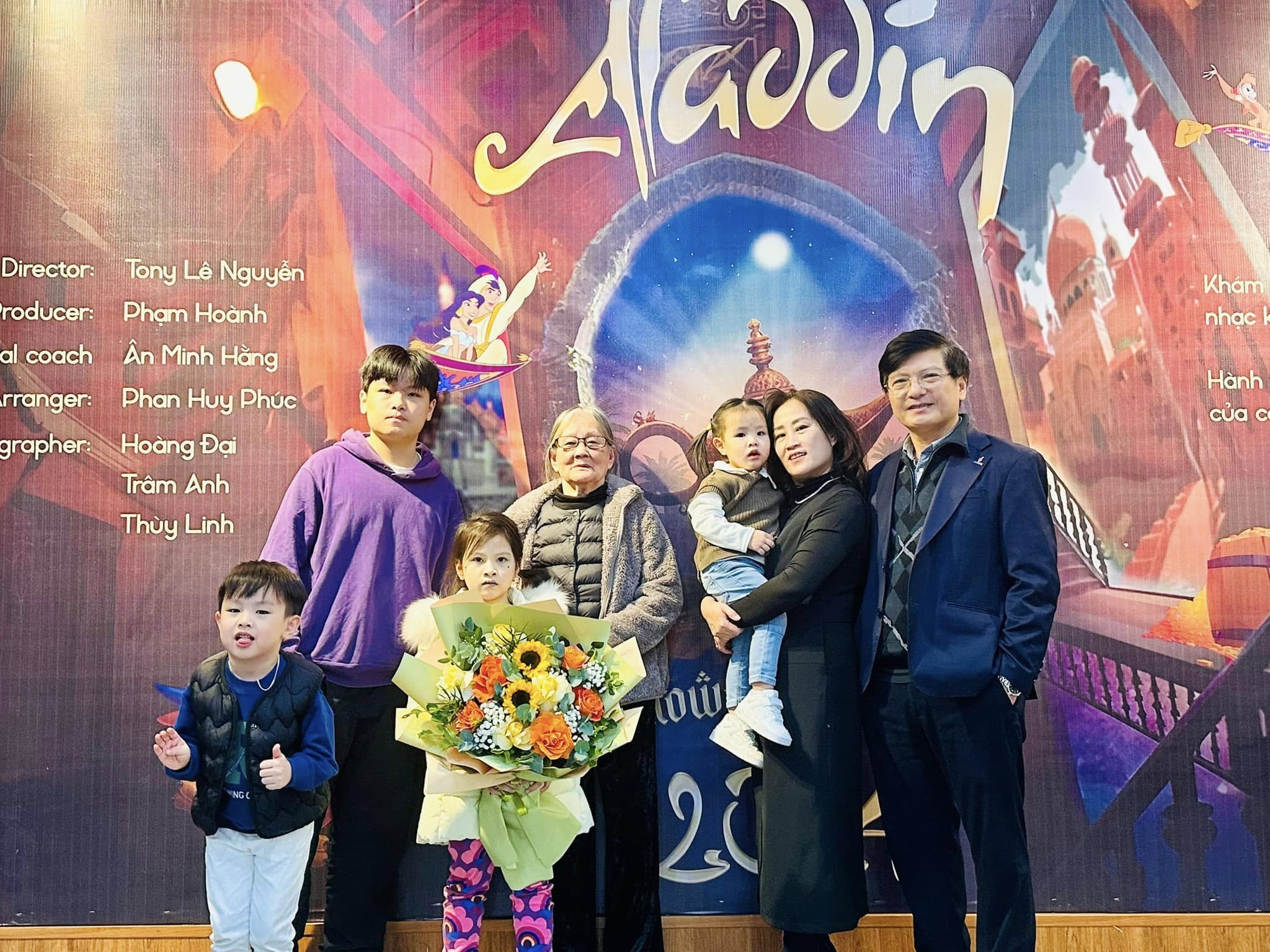Dependent Origination is a concept from Buddhism that explains how events and actions are interconnected. When we apply this idea to drama, it can make stories more engaging and meaningful. Here’s a simpler breakdown:
- Connections Between Characters and Events: In drama, every character’s actions impact others, creating a chain reaction that moves the story along. This makes the plot more interesting and layered.
- Example: If a main character takes a risky job, it will affect their family and friends, leading to unexpected situations and revealing hidden truths.
- Consequences of Actions: Understanding that every action has a result makes stories feel more real and relatable.
- Example: If a character lies, it can lead to misunderstandings and conflicts, showing how one small choice can have significant effects.
- Cycles of Struggle and Change: This concept also highlights how struggles can lead to personal growth. In drama, we see characters facing challenges that help them evolve.
- Example: A character dealing with addiction experiences ups and downs, ultimately discovering a path to recovery through self-awareness.
- Inner and Outer Conflicts: Characters often face both internal struggles (like fears and desires) and external conflicts (like disagreements with others).
- Example: A character grappling with ambition and guilt may find that these feelings affect their relationships and job performance, illustrating the link between their inner thoughts and outside actions.
- Potential for Transformation: Characters can change significantly as they confront various challenges.
- Example: A flawed main character may grow into a more compassionate person through a series of connected events.
Using Dependent Origination in drama allows us to explore the complexities of life. It creates stories where characters and events are deeply intertwined, making the narrative richer and more thought-provoking.
The Connection Between Life and Stage Drama
The relationship between drama in life and on stage is closely connected. Here’s how:
- Mirroring Real Life: Stage drama often reflects real-life experiences, emotions, and situations. Playwrights draw inspiration from everyday life, creating stories that resonate with the audience. The characters and conflicts may be exaggerated, but they are rooted in reality.
- Emotional Expression: Both stage and real-life drama involve intense emotions. Actors portray these feelings, helping the audience connect with the characters’ journeys. Similarly, people experience a wide range of emotions that influence their choices and interactions.
- Conflict Drives the Story: Conflict is essential in both forms of drama. In plays, conflicts create tension and keep the audience engaged. In life, conflicts emerge in relationships, work, and personal struggles, shaping our experiences and growth.
- Catharsis for the Audience: Watching characters face challenges on stage can provide emotional release and insights into our own lives. This experience can be healing and enlightening.
- Commentary on Society: Dramatic works often critique societal issues. Playwrights explore cultural norms and injustices, just as real-life drama can be influenced by these larger contexts.
- Storytelling: Both stage drama and life are about storytelling. The narratives on stage help us understand different perspectives and human experiences. Our own life stories shape our identities and relationships.
- Lessons About Humanity: Stage drama teaches us about human nature, empathy, and resilience. Characters often undergo significant development, inspiring us to reflect on our lives. Real-life drama also offers opportunities for learning and personal growth.
In summary, the drama in life and on stage enriches our understanding of each other. By engaging with dramatic experiences, whether as audience members or participants, we gain deeper insights into the complexities of human existence and the emotions that connect us all.




